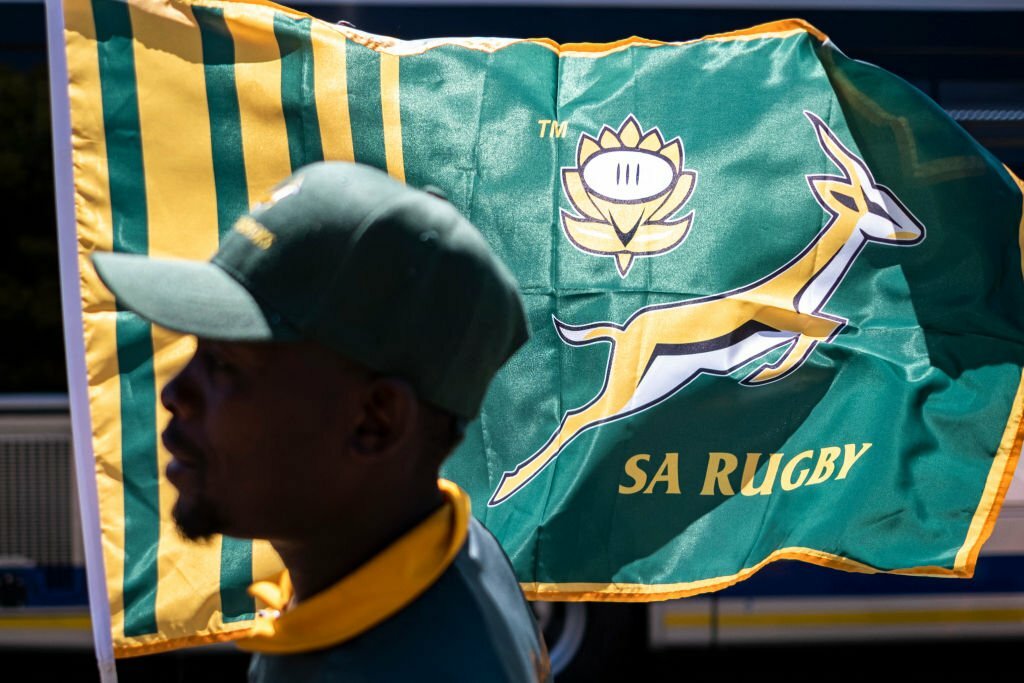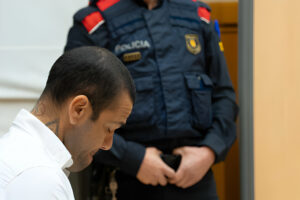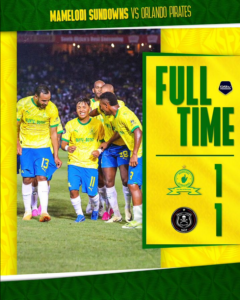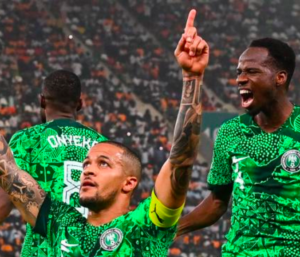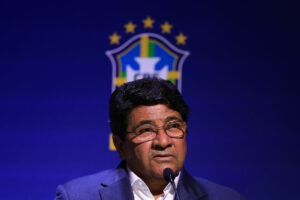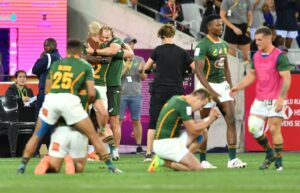South Africans across the nation are caught up in a frenzy of excitement and anticipation as the Rugby World Cup final approaches, with an outpouring of support for the Springboks seen from every corner of the country. From restaurant cooks to street workers, the iconic green and gold Springbok jerseys have become a ubiquitous sight, symbolizing unity and national pride in a nation still grappling with deep societal divides and economic challenges.
Nationwide Craze
In the lead-up to the final, it’s hard to miss the sea of green and gold jerseys worn by South Africans. The only places where these jerseys are nearly impossible to find are sportswear stores, which have quickly sold out of their stock.
“We received a new batch on Sunday, but they sold out within an hour,” reported a shop assistant in an affluent suburb of Johannesburg.
The Legacy of Unity
This outpouring of support for the Springboks can be traced back to the historic moment in 1995 when Nelson Mandela rallied behind the team, despite its past association with apartheid. Since then, support for the Springboks has evolved into a unifying force in a country still divided along racial and economic lines.
The momentum behind the team grew significantly after Siya Kolisi, the first black player to captain the Springboks in a Test match, led them to World Cup glory in 2019. This victory brought many young, black South Africans closer to the sport, igniting a dream of repeating that success.
The Upcoming Clash
The stage is set for a thrilling showdown in the Rugby World Cup final, where the Springboks will face their old rivals, the All Blacks, at the Stade de France in Paris. This match will determine which team becomes the first four-time World Cup winner.
“We are coming back with this trophy; this is how I feel. I feel like I am the boys, and the boys are me; they feel what I feel,” expressed Obert Sebogodi, a homeless man wearing a Springbok jersey, who makes a living checking on cars parked outside a Johannesburg mall.
Even a local kindergarten’s annual show featured four-year-olds dressed in the national colors, enthusiastically waving rugby balls to the tune of “Hie’ Kommie Bokke,” a popular anthem celebrating the rugby team.
Challenges and Support
In their fervor to support the team, some fans have fallen victim to online merchandise scams. Meanwhile, the recent controversy surrounding hooker Bongi Mbonambi, who is facing allegations of making a racial slur at England’s Tom Curry, has sparked a wave of support on social media.
Mbonambi, a key player, could potentially be barred from the final if found guilty. However, the sports minister, Zizi Kodwa, expressed unwavering support for him on social media.
“The World Cup this year has been one of the most exciting and unifying sporting events in our nation’s history,” remarked Cape Town’s mayor, Geordin Hill-Lewis, as he announced plans to set up three public viewing sites in the city.
Uniting a Nation
The rugby fever has transcended social, racial, and generational boundaries, exemplifying the power of sport to bring South Africans together. As the country faces numerous challenges, including the recent pandemic and an energy crisis, the upcoming final has provided a much-needed reason to celebrate.
The Pirates Club, a Johannesburg sporting venue, is gearing up for the big day, with additional screens and bars, and plans to cap entry tickets to maintain a safe and enjoyable atmosphere for all fans. The club’s marketing manager, Michele Butcher, reflected on the diverse turnout, saying, “We look at the different people that are coming through to the club: different age groups, different races, different religions…we all just come together as a nation for this.”
As South Africa eagerly awaits the Rugby World Cup final, the nation stands united in green and gold, showcasing the resilience, diversity, and shared passion that defines this Rainbow Nation.

